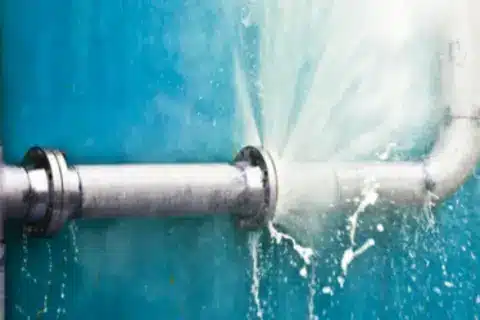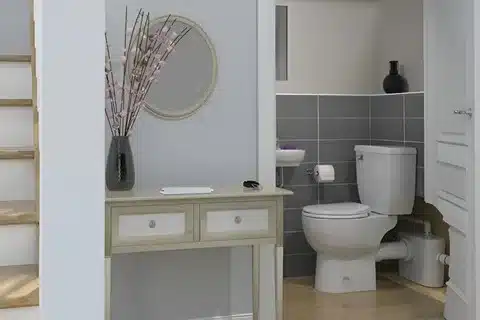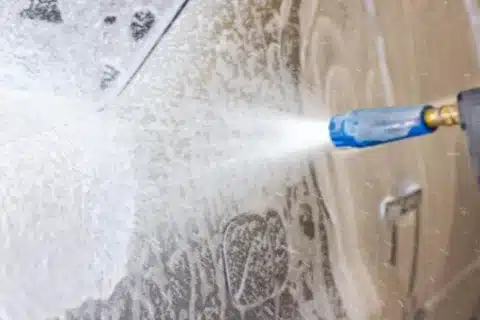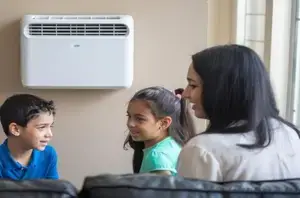As a homeowner in Calgary, you understand the importance of maintaining your plumbing system to prevent unexpected emergencies. At Ray-Z Plumbing & Heating, we’re committed to helping you avoid costly repairs and ensure your home’s plumbing system runs smoothly. In this article, we’ll share valuable tips and tricks to help you prevent plumbing emergencies and keep your home safe and efficient.
Common Causes of Plumbing Emergencies
in Calgary
Before we dive into prevention tips, it’s essential to understand the common causes of plumbing emergencies. These include:
1. Clogged drains and pipes: Hair, soap, grease, and other debris can accumulate in your pipes, causing blockages and backups.
2. Leaky faucets and toilets: A small leak can lead to significant water damage and increased water bills.
3. Frozen pipes: Calgary’s cold winters can cause pipes to freeze, leading to costly repairs.
4. Poor maintenance: Failure to maintain your plumbing system can lead to unexpected emergencies.
5. Old or corroded pipes: Aging pipes can burst, causing significant damage to your home.
Plumbing Maintenance Tips to Prevent Emergencies in Calgary
Now that we’ve identified the common causes of plumbing emergencies, let’s explore some prevention tips to help you avoid these issues:
1. Regular Maintenance: Schedule regular plumbing inspections with Ray-Z Plumbing & Heating to identify potential issues before they become emergencies.
2. Clear Clogs: Use a drain screen or filter to catch hair and other debris, and avoid pouring grease and oil down your drains.
3. Fix Leaks: Address leaky faucets and toilets promptly to prevent water damage and increased water bills.
4. Insulate Pipes: Insulate exposed pipes in unheated areas, such as the garage or basement, to prevent freezing.
5. Know Your System: Understand your plumbing system’s layout and know where the shut-off valves are located.
Additional Tips for Calgary Homeowners
As a Calgary homeowner, you’re likely familiar with the city’s cold winters and potential for extreme weather conditions. Here are some additional tips to help you prepare your plumbing system:
1. Winterize Your Pipes: Take steps to winterize your pipes, such as insulating exposed pipes, letting cold water drip from faucets, and opening cabinet doors under sinks.
2. Be Prepared for Power Outages: Have a plan in place for power outages, including a backup generator or alternative heat source.
3. Know Your Water Shut-Off Valve: Know the location of your water shut-off valve and how to turn it off in case of an emergency.
Benefits of Preventative Maintenance
By following these prevention tips and scheduling regular maintenance with Ray-Z Plumbing & Heating, you can enjoy numerous benefits, including:
1. Cost Savings: Preventative maintenance can help you avoid costly repairs and replacements.
2. Increased Efficiency: A well-maintained plumbing system can help reduce your water bills and energy consumption.
3. Peace of Mind: Knowing your plumbing system is in good condition can give you peace of mind and reduce stress.
4. Extended System Life: Regular maintenance can help extend the life of your plumbing system and its components.
Why Choose Ray-Z Plumbing & Heating?
At Ray-Z Plumbing & Heating, we’re committed to providing exceptional plumbing services to Calgary homeowners. Our team of experienced technicians is dedicated to:
1. Prompt Service: We offer emergency plumbing services to address unexpected issues.
2. Quality Workmanship: Our technicians are trained to provide high-quality workmanship and ensure your plumbing system runs smoothly.
3. Competitive Pricing: We offer competitive pricing and transparent billing practices.
4. Excellent Customer Service: Our team is dedicated to providing exceptional customer service and ensuring your satisfaction.
Preventing plumbing emergencies requires regular maintenance, awareness of common causes, and prompt action when issues arise. By following the tips and tricks outlined in this article and partnering with Ray-Z Plumbing & Heating, you can enjoy a safe, efficient, and well-maintained plumbing system. Contact us today to schedule your regular maintenance or emergency plumbing service.
Don’t wait until it’s too late – schedule your plumbing maintenance today and enjoy peace of mind knowing your home’s plumbing system is in good hands!










Recent Comments